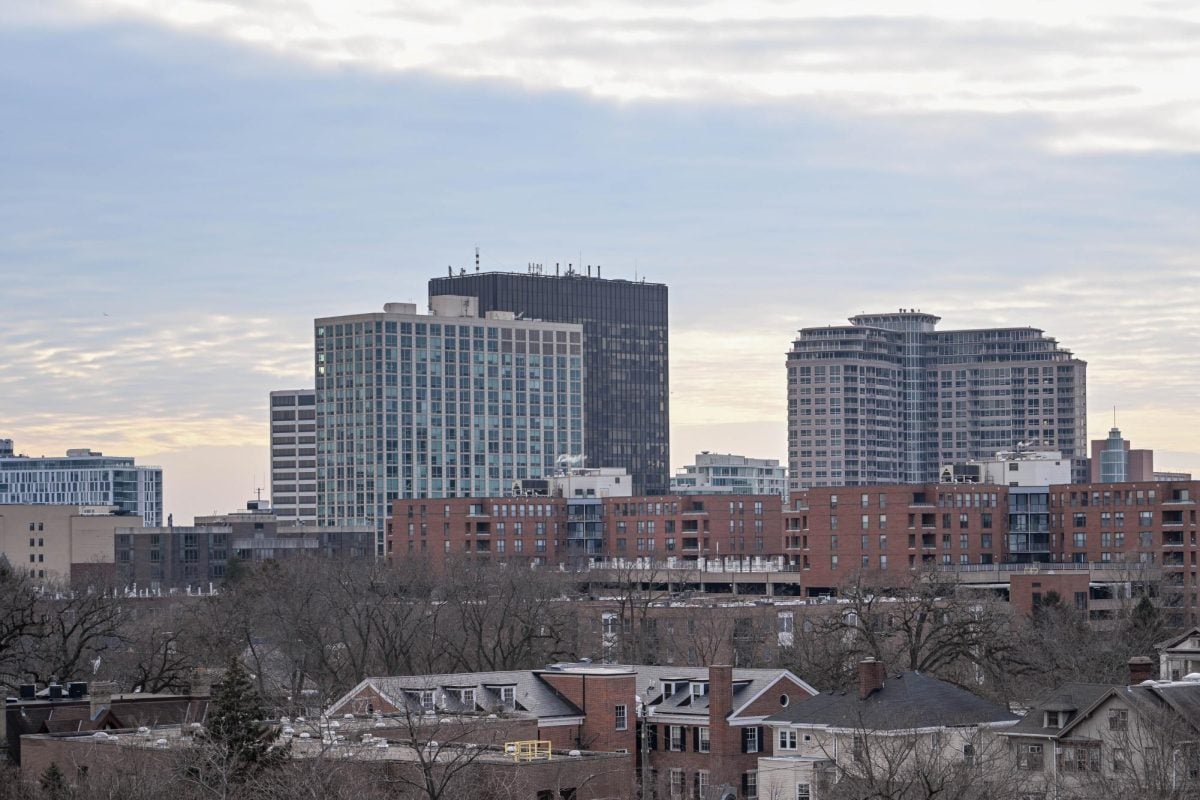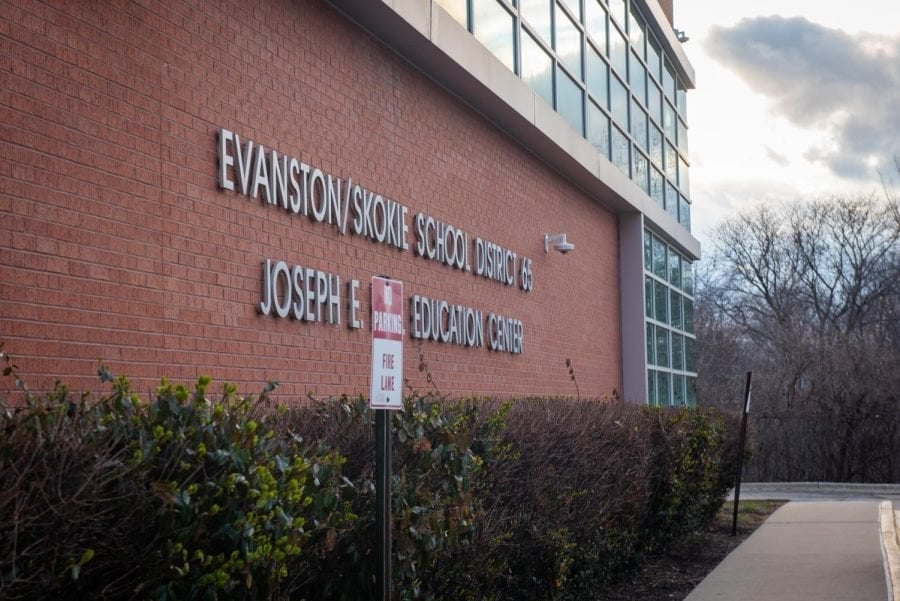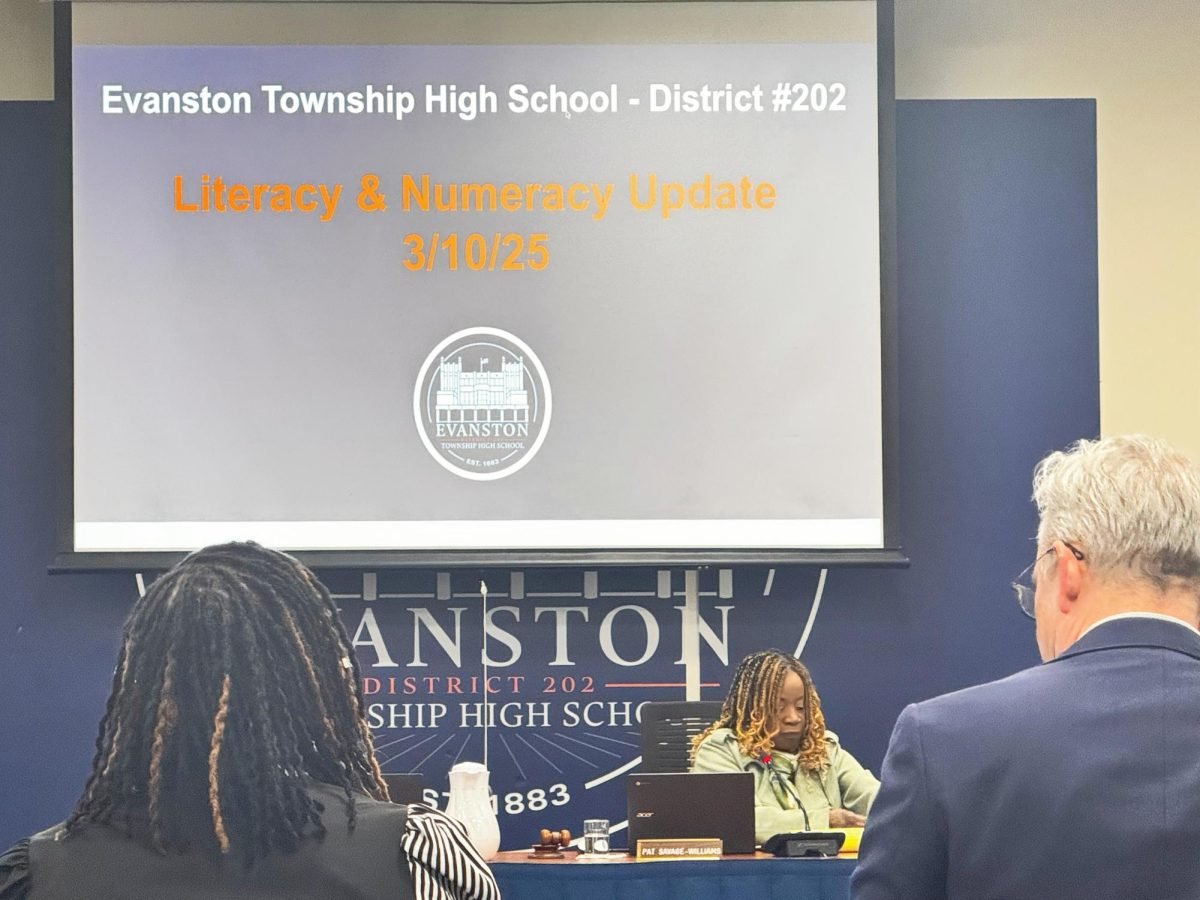When lead-contaminated drinking water sparked a public health crisis in Flint, Michigan, in 2014, communities across the country responded by demanding the removal of lead pipes from their water supply systems. About a decade later, efforts to replace lead pipes are still underway in Evanston.
The more than 10,000 lead lines make up about 70% of Evanston’s service lines, as reported by the city’s Public Water Service Line Dashboard. According to the U.S. Environmental Protection Agency, drinking lead-contaminated water can cause serious health issues and developmental complications, especially in young children and pregnant women.
“Illinois has more lead service lines than any other state in the country,” said Chakena Perry, a senior policy advocate for the Natural Resources Defense Council. “So it’s really going to be important for our lawmakers and stakeholders to really think about innovative funding solutions, launching robust public engagement strategies (and) bolstering our water workforce to actually expedite the pace of replacement.”
After the crisis in Flint, state-level legislation ordered schools to test their water for lead content and water providers to audit the materials of their systems. At the federal level, the EPA provided guidance on how to track service line materials in 2022.
Since then, Evanston has reported that 713 lead service lines have been replaced, including 18 so far this year.
Last year, Evanston launched the Lead Service Line Replacement Pilot. The project prioritizes replacing homeowner-owned lines in low- to moderate-income areas where publicly-owned service lines have already been replaced.
The city has replaced 83 of the 100 selected service lines and expects to finish the project this spring, the city said in a statement provided to The Daily.
Homeowners that replace their private lines can also have the city replace the public side of that line. This project — the Homeowner-Initiated Lead Service Line Replacement — has attracted 226 participants since 2022, according to the city.
This year, Evanston will replace some lines associated with water main repairs. About half of the 243 eligible properties have already opted into this program, with deadlines for opting in dependent on contractors for each specific project, the city said.
The city will also begin work on the 2025 Prioritized Lead Service Line Replacement, which will replace public and private lead lines in the 5th Ward. The project centers on a single 5th Ward census tract, which received the highest prioritization score from the Illinois Environmental Protection Agency’s State Revolving Fund program.
Iyana Simba, city government affairs director at the Illinois Environmental Council, said replacement projects often prioritize communities with other environmental health risks.
“Low-income, Black and Latinx communities tend to have other exposures to lead,” Simba said.
According to the city, 101 of 282 eligible properties have opted into the program. The work is expected to begin in July and is tentatively scheduled to be completed by November.
Perry said that, since the Trump administration took office, some tools that previously allowed municipalities to identify these high-risk areas have disappeared. For example, the EPA’s EJSCREEN, which identifies areas with the highest exposure to environmental hazards, was removed from the EPA’s website.
She added that the Trump administration’s funding cuts have caused some water quality advocacy groups to “brace for impact” regarding financing future projects. Still, Perry said that local municipalities can seek state-level funding.
Simba said that funding for lead pipe replacement may not come under fire from the administration because it doesn’t directly tie to issues like climate change and diversity, equity and inclusion.
“There’s still a dedicated investment to replacing lead pipes in Illinois,” Simba said.
Email: hannahwebster2027@u.northwestern.edu
Related Stories:
— At-home water testing aims to create confidence in water quality
— City Council discusses lead pipe replacement, proposed water rate increase
— City Mayor Daniel Biss attends White House summit on lead pipe replacement







